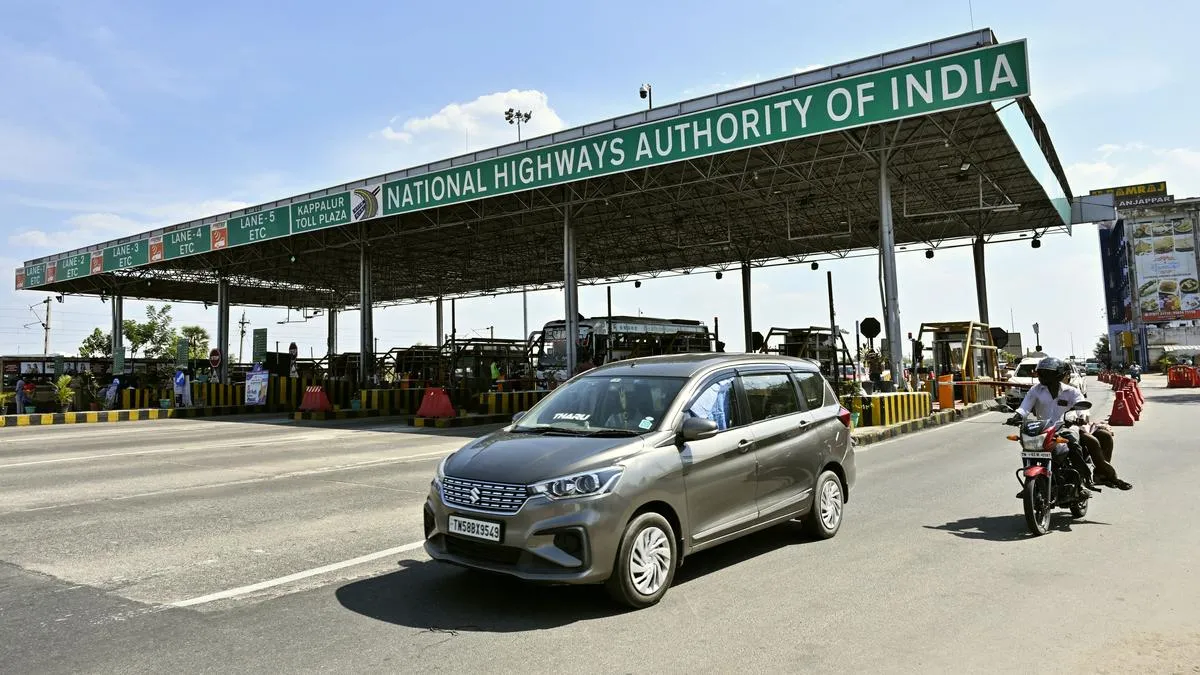According to an official statement, the data collected will help maintain an updated inventory of roads and assess pavement conditions, enabling evidence-based decisions on maintenance, asset management, and infrastructure planning.
The vehicles deployed for this exercise will be equipped with advanced technologies including 3D laser-based systems, Global Positioning Systems (GPS), and electronic instruments that measure acceleration and angular velocity. These technologies will help accurately detect and document road defects for timely corrective action.
All collected data will be uploaded to NHAI’s Artificial Intelligence (AI)-based Data Lake portal, where a team of experts will analyse it to generate actionable insights. The information will also be stored in the Road Asset Management System, following Government of India guidelines, for future technical use.
The surveys will cover all projects involving two- to eight-lane highways, with data collection starting before construction begins and continuing at six-month intervals. To implement the initiative, NHAI has invited bids from qualified firms for deployment and operation.
In a related effort, NHAI has been working to identify and rectify “black spots” — accident-prone areas on highways — based on data received from state governments. As of March 2025, 13,795 black spots had been identified across India, of which long-term rectification has been completed on 5,036 sites.
The authority’s Electronic Detailed Accident Report (e-DAR) project serves as a central repository for recording and managing road accident data, helping strengthen the analytical framework for road safety interventions.


